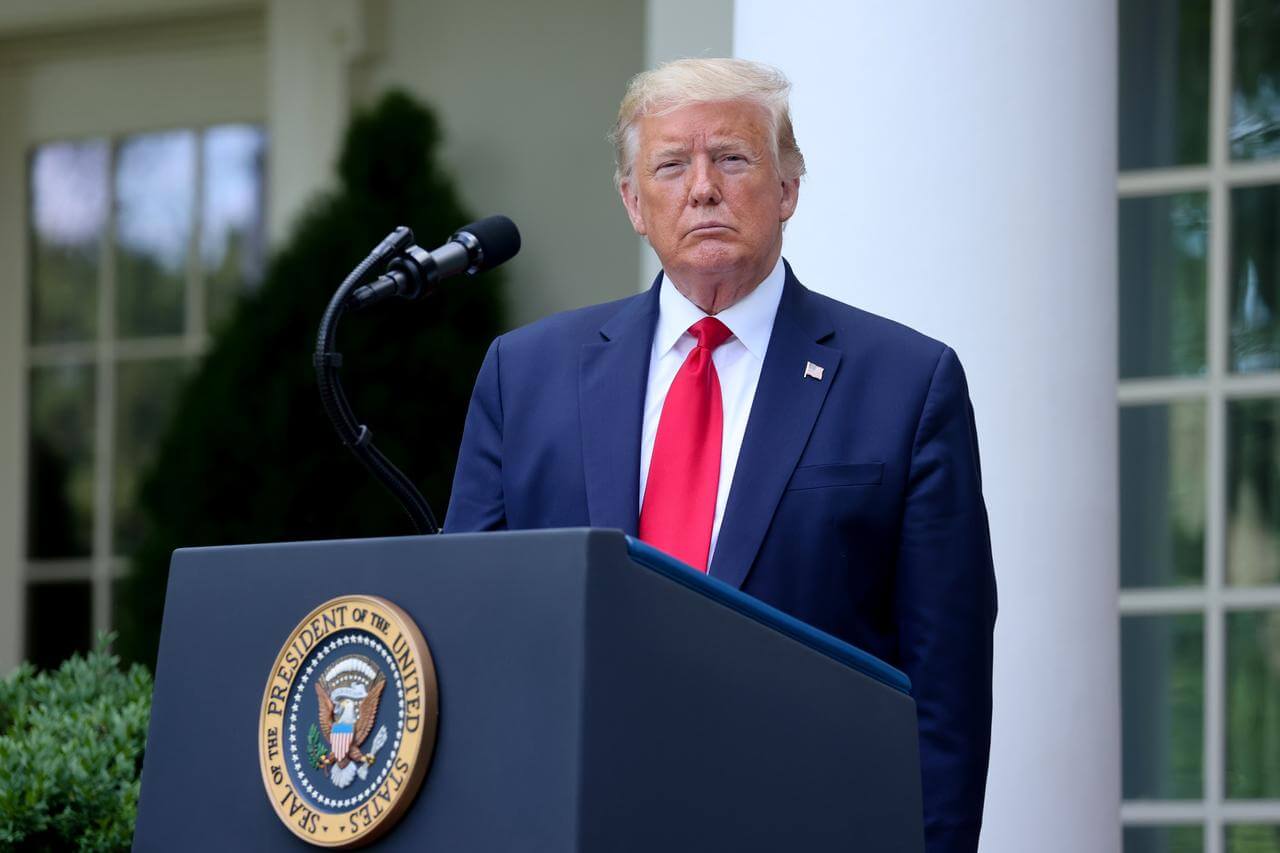Amidst brewing tensions between India and China along the 3,488 kilometre Line of Actual Control (LAC) in Eastern Ladakh, American President Donald Trump, on Wednesday, tweeted, “We have informed both India and China that the United States is ready, willing and able to mediate or arbitrate their now raging border dispute. Thank you!”
The following day, in conversation with the press, President Trump said, “We have a big conflict going on between India and China, two countries with 1.4 billion people and very powerful militaries. India is not happy and probably China is not happy, I did speak to Prime Minister Modi, he is not in a good mood about what’s going on in China.” He reiterated his commitment to coordinate any mediation between the two parties.
Also Read: PM Modi Meets With Top Military Brass to Discuss Escalating Indo-China Border Tensions
Both China and India showed reluctance to accept this offer. On Wednesday, Zhao Lijian, China’s foreign ministry spokesperson, said that the border situation with India was “overall stable and controllable”. He added, “between the two countries, we have good border-related mechanisms and communication channels. We are capable of resolving the issues properly through dialogue.”
India, too, refused Donald Trump’s offer. Anurag Srivastava, the spokesperson for the Ministry of External Affairs, reassured that the two countries were working on a peaceful resolution to the issue. He also said that India and China were focussing on both “military and diplomatic” coordination to end the standoff as soon as possible. Further, several unnamed officials clarified that the last conversation between Prime Minister Modi and President Trump occurred on April 4, wherein the two spoke on the issue of exporting Hydroxychloroquine.
India has rejected offers by Donald Trump to resolve ongoing border issues in the past as well. For instance, in 2019, at a joint briefing with Pakistani Prime Minister Imran Khan, India dismissed Trump’s offer to arbitrate the dispute over Kashmir.
The escalation of the situation along the LAC is, however, one that requires urgent attention. Some experts fear that this situation may escalate into a situation like what was seen at Doklam in 2017, when Indian and Chinese troops engaged in a 73-day stand-off, triggering fears of war. Luckily, cooler heads prevailed, and this did not come to pass. In fact, a set of guidelines were agreed upon by both parties at the informal summits in Wuhan in 2018 and in Mamallapuram in 2019.
Also Read: Multiple Chinese Army Incursions Reported Alone LAC, India Army Chief Takes Stock
During the ongoing situation, local commanders from both sides have held at least five meetings until this point. Thus far, only the situation in Sikkim has de-escalated. It is hoped that further dialogue between the two sides will lead to further compromise and a suspension of hostilities.
Image Source: Reuters

